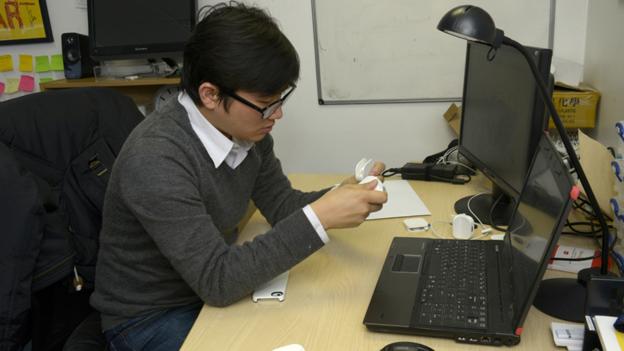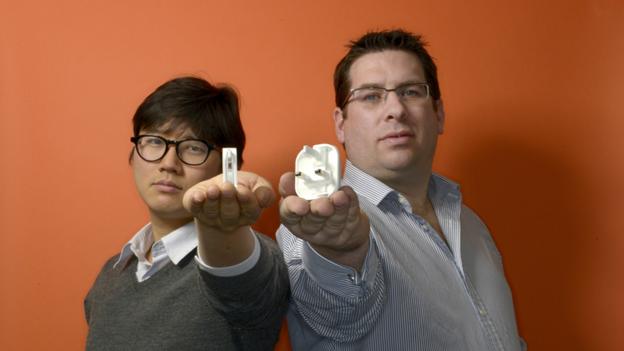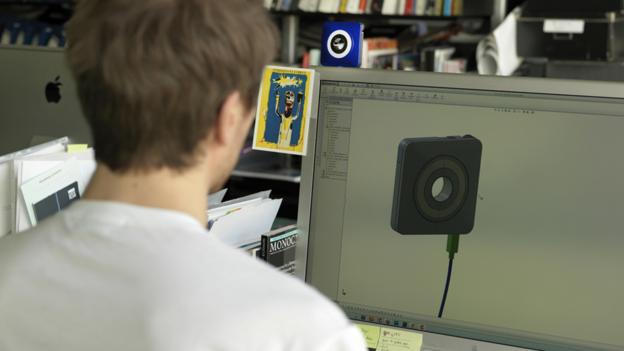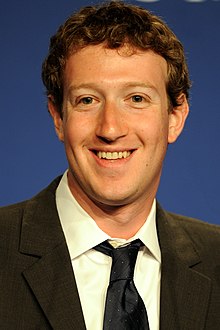iPhone 6 release date
Some pundits predict a summer release for the iPhone 6, while Money Morning reckons that the iPhone 5's lack of NFC and Jumbotron display is because Apple's got a proper iPhone ready for a springtime release.It's quite likely that Apple is moving to a two-phones-per-year upgrade cycle, but we'd bet on a springtime 5S model and a bigger, iPhone 6, update in the Autumn, probably September.
Even Digitimes reckons a springtime iPhone 6 is unlikely: it's predicting a summertime reveal for Apple's next generation phones, which again fits with a WWDC unveiling.

iPhone 6 cases
Multiple rumours say Apple's working on plastic cases for its next iPhone, mixing plastic and metal in such a way that "the internal metal parts [are] able to be seen from outside through special design."
It's unclear whether such cases would be for the iPhone 5S or iPhone 6, or if Apple is simply considering making cheaper iPhone 4s to sell when the iPhone 3GS reaches the end of its life.
Speaking in March 2013, a KGI analyst said it believed Apple would turn to manufacturer Pegatron to make up to 75 per cent of low cost iPhone products.
























